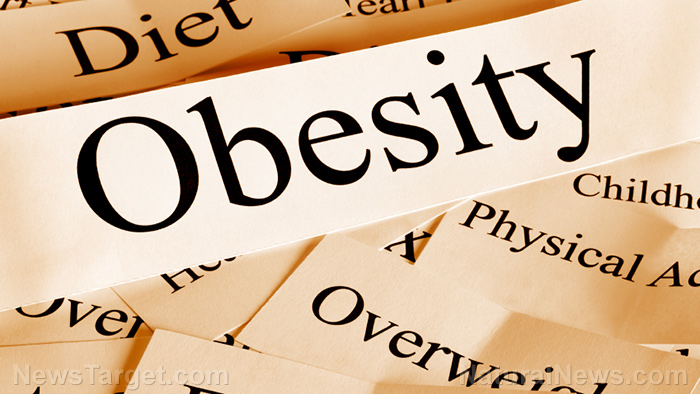FASTING now scientifically proven to boost longevity and prevent disease
02/19/2019 / By Vicki Batts

Just how beneficial is fasting? New research has confirmed that fasting could provide a myriad of health benefits, including (but not limited to) preventing disease and supporting longevity. It certainly seems like fasting is not just the latest in trendy fad diets. Restricting when you eat could indeed offer discernible and desirable effects on health and well-being.
While it’s well-known that calorie-counting is an essential tool for weight loss and weight maintenance, recent studies have found that when you consume those calories may also have an impact on your health. Scientists now believe that eating less often may be quite beneficial. Sebastian Brandhorst, a data analyst at the Longevity Institute based at the University of Southern California, explains that “When you consume calories also plays a role.” Brandhorst has been heading up studies on what’s called a “fast-mimicking diet” or FMD for short. This way of eating is intended to “trick” your body into thinking you’re fasting, under the direction of the institute’s Dr. Valter Longo.
Under Longo’s supervision, numerous studies on the fasting diet have been done — including one using a small group of human test subjects. A study of the FMD diet featuring 71 individuals was published earlier this year, in the journal Science Translational Medicine.
As CNBC reports, the researchers found that FMD had a profound effect on the health of the human study subjects. In addition to reducing body weight and body fat, following FMD resulted in reduced production of the IGF-1 hormone, which is thought to be involved with cellular processes that cause aging and disease. Study subjects following FMD also showed a decrease in C-reactive protein, which is a biomarker for inflammation and has been linked to a number of diseases and conditions — including heart disease and cancer.
FMD is similar to what many people refer to as “intermittent fasting,” in that you are actually allowed to eat during a certain time frame. Following FMD tricks the body into thinking you’re fasting — in reality, you’re just restricting when you eat and fasting for a relatively short period of time. Scientists have proven that FMD causes the body to think you’re fasting because of three key findings. In addition to reducing production of IGF-1, glucose levels dropped off and ketone levels increased in study participants — all signs of a body in fasting mode.
The Longevity Institute study is not the first to note the potential health benefits of intermittent fasting or other similar eating schedules. The fasting protocol can take many forms — but many of the benefits are consistent. It’s been reported that the benefits of fasting can extend from weight loss and lower glucose levels to improved cognitive function and better mood stability.
Indeed, it would seem that the benefits of fasting are virtually endless; whether it be reducing inflammation, boosting longevity or slowing down the aging process, fasting has also been associated with a host of other health benefits. For example, fasting is believed to improve blood lipid profiles by reducing triglycerides, lower blood pressure and promote total heart health. It also reduces glucose levels and bolsters insulin sensitivity, while also promoting greater satiety at meal times. Sources say fasting can even boost metabolism and improve body composition.
Intermittent fasting has no shortage of health benefits, that’s for sure.
Learn more about maintaining good health at Prevention.news.
Sources for this article include:
Submit a correction >>
Tagged Under:
disease prevention, fasting, intermittent fasting, longevity, natural cures, natural remedies, prevention, slender, weight loss
This article may contain statements that reflect the opinion of the author
RECENT NEWS & ARTICLES
COPYRIGHT © 2017 FIGHTOBESITY.NEWS
All content posted on this site is protected under Free Speech. FightObesity.news is not responsible for content written by contributing authors. The information on this site is provided for educational and entertainment purposes only. It is not intended as a substitute for professional advice of any kind. FightObesity.news assumes no responsibility for the use or misuse of this material. All trademarks, registered trademarks and service marks mentioned on this site are the property of their respective owners.





















